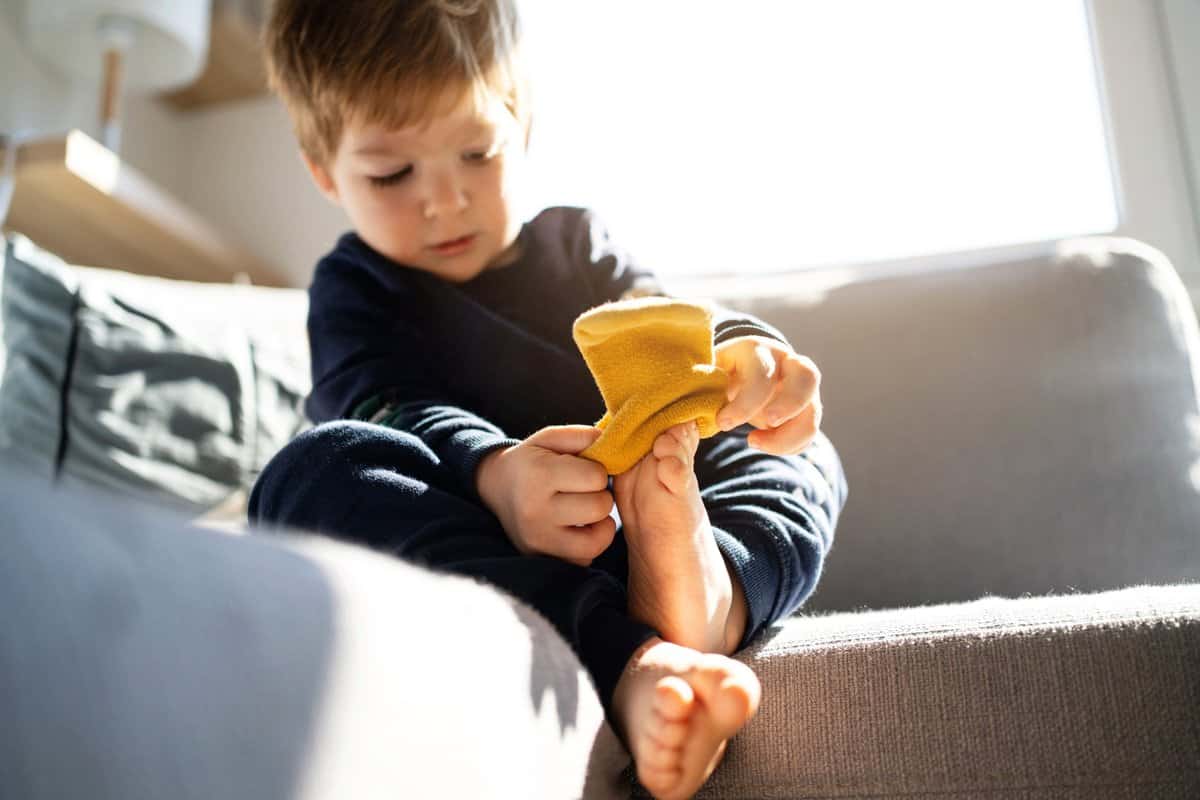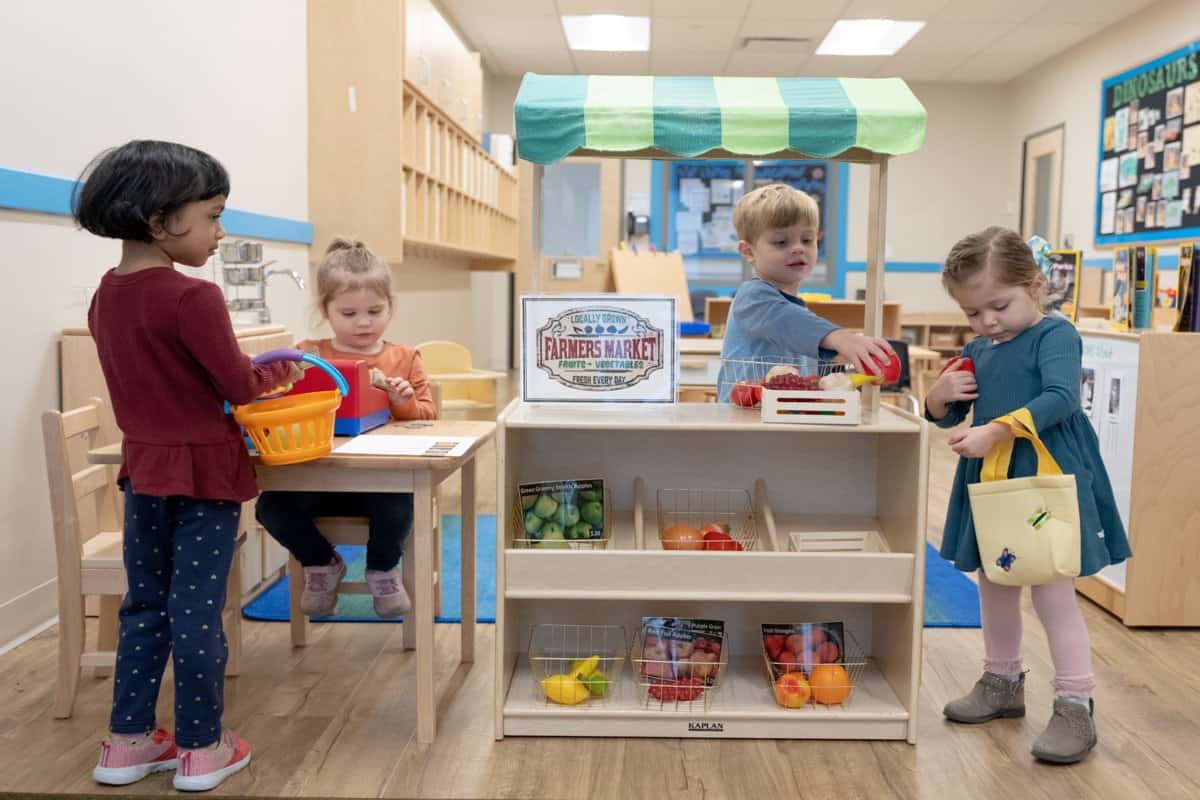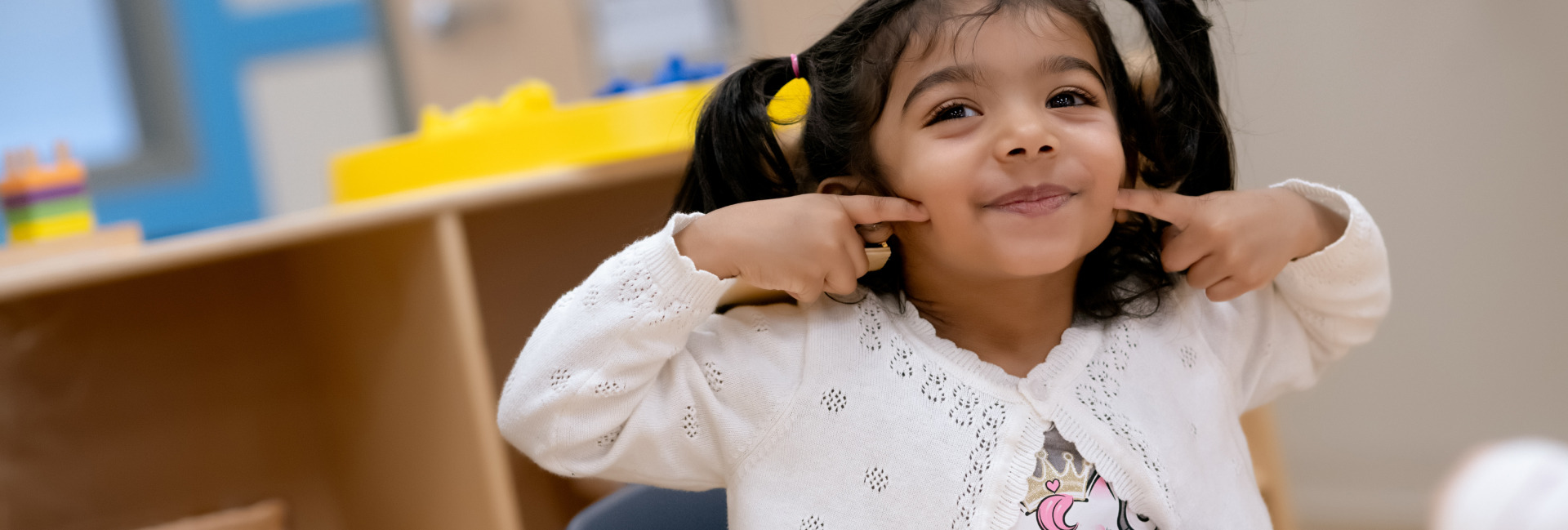
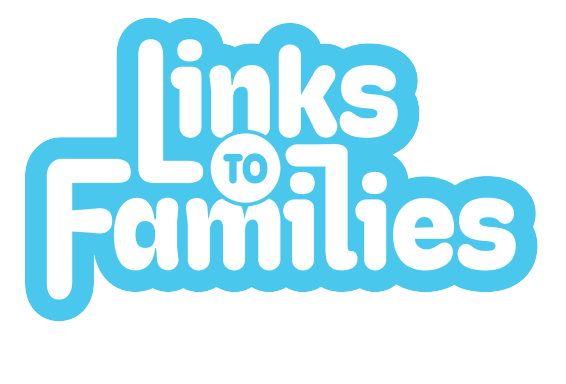
Supporting Social-Emotional Growth Through Summertime Moments
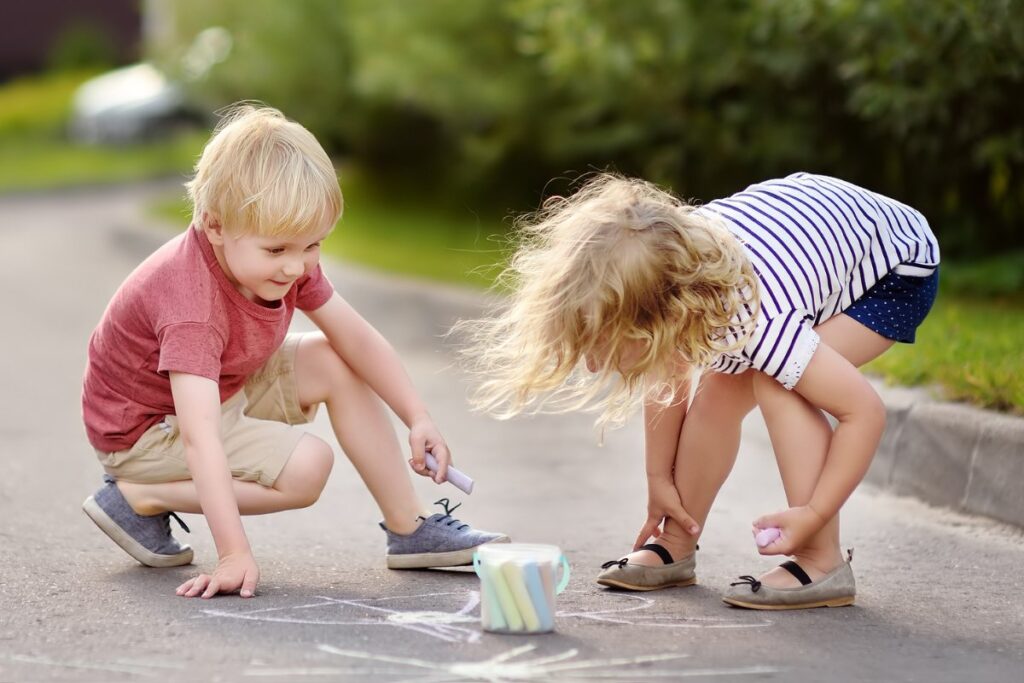
Summer is a season filled with sunshine, adventure, and fun activities to do outside. From backyard playdates to outdoor festivals, summer is filled with everyday opportunities for preschoolers to practice important life skills like sharing, problem-solving, managing emotions, and showing empathy.
Here are some common summer experiences that help nurture social-emotional growth, along with simple ways to guide your child through them:
Practicing Patience and Flexibility
Whether it’s waiting in line for ice cream or sitting through a long car ride, summer often requires a little extra patience. These moments help preschoolers learn to manage frustration and adapt to changing plans. If your child is getting restless, try naming the feeling: “I see that you are frustrated because we’re waiting. I wonder what we can do while we wait. Then offer a calming strategy like deep breaths or a quick guessing game. When your child is ready, invite them to suggest ideas to encourage problem-solving skills.
At our school, we often use redirection when children lose patience or interest—this could mean asking them to help with a task or sparking a conversation about something they enjoy. It helps them stay regulated while learning positive ways to cope.
Learning to Share and Take Turns
Whether they’re splashing in the sprinkler or playing in the sandbox, summer activities for preschoolers often involve sharing toys and space. These situations can be tough, especially for preschoolers who are still learning how to express themselves respectfully. If your child is having trouble taking turns, gently guide them: “It looks like Olivia wants a turn with the shovel. Would you like to give it to her when you’re done, or should we use a timer?” Giving them a choice helps them feel more in control.
Building Independence and Responsibility
Summer is a great time to give preschoolers small responsibilities that build confidence and independence. Packing a bag for the park, carrying their own water bottle, or cleaning up after a picnic are simple ways to encourage social development through self-awareness and accountability. At school, we might ask our students to help clean up the chalk after outdoor play or pack up their belongings after water play.
Talking About Feelings in Real Time
Big summer fun can come with big feelings. Maybe your child missed a nap, dropped a popsicle, or had to leave the park earlier than they wanted. These situations are valuable chances to help them name and work through their emotions. Try using calm, clear language: “You seem really sad that we had to leave.” Then offer reassurance: “It’s okay to feel that way. Let’s take a minute to calm down, and we can talk about it together.”
Encouraging Empathy and Kindness
From sharing a bubble wand to thanking someone for a snack, summer is full of small moments where children can practice kindness. These acts may seem simple, but they help children learn empathy and strengthen their relationships with others. When you notice a kind action, point it out: “That was really thoughtful of you to share your toy. Look how happy that made Evan!” Over time, they’ll begin to notice and repeat those moments on their own.
By encouraging patience, independence, kindness, and emotional awareness, you’re helping your child develop essential skills. These small, intentional moments add up to big learning, and some sweet summer memories, too.
To learn more about how we develop social-emotional growth over summer, and throughout the year, contact us today!

